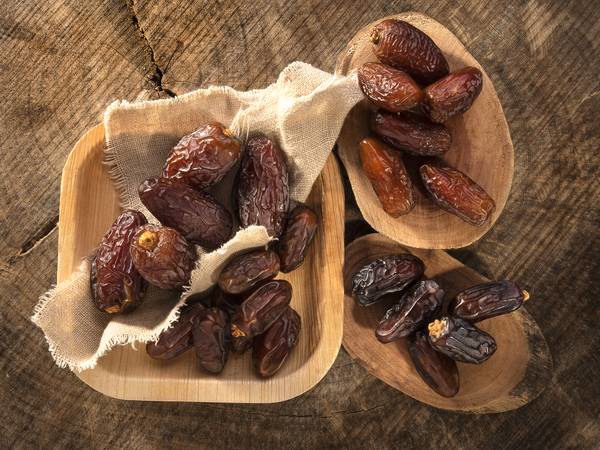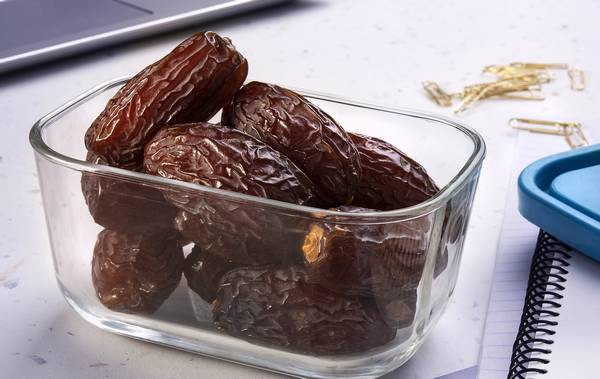The domestic and international demand for Israel’s sought after Medjool dates is outstripping available supplies. This is leading to higher prices and signal a return to pre-Covid times, which is good for producers, says Gal Twig, head of business development for the Israel Dates Board.

“Israel produces 55,000 tons of Medjool dates, which is 50% of the 110,000 tons that the rest of the world produces. Medjool is the best date. Due to the climate in Israel, the hot air with the humidity the best Medjool dates of the highest quality are produced, which makes it more expensive. Overall in the world about 1.3 million tons of all dates are exported, with Israel making out a small but important portion of that volume. Because Medjool dates are considered top quality, over the past five years we started to see competition from other countries. It was always a market of demand and not supply, the prices were high and the market knows to pay for this high quality. Traditionally 90% of Medjool exports went to the open market. During Corona all the markets closed and for the first time in history, in a second it switched from a demand to a supply market,” says Twig.
He says during the two to three hard Covid lockdown years they started the year with a a lot of high quality dates available but could not sell it. “We started the new year with a lot of inventory, the next season also started with very low prices. Our growers were losing a lot of money. The next season, we lowered the prices, we created a lot of marketing activity to sell as much as we can. We talked to all exporters to sell between 40%-50% into the retail chain, although the money was not as good as the open market, it provides some stability. At the end of 2021, we knew we were without surplus inventory. Later in June we did not have any more dates with the next season only starting in September. There was also a problem with the crop, it was reduced by 10%. At the start of the past season we had no inventory. For us the market started to be a little bit better. The Euro vs the Shekel started to be better for us. Now everybody wants to sell abroad to Europe. We now go a lot into retail chains. At the end of 2022 we saw an earlier finish to the season, because we again did not have enough supply. Now, in 2023 we again see we do not have dates while the demand is crazy for high quality product.”

Twig says Israel also recently opened China as a new market. India is another market that opened about three years ago. “We want to start exporting to China next season. This season we again have lower date volumes. There was a problem caused by the weather damage. It was too hot and caused natural fruit drop, meaning less fruit will be harvested. This year we are supposed to see prices going up even more than last year. We are confident growers are in a good condition this season. We invest a lot of money in marketing, especially in Europe, to establish Israeli Medjool dates. The demand is very high in Europe while our quality is also very good.”
Twig says Israel’s Medjool volumes are staying constant due to more trees reaching maturity, which balances out with the lowering effects of the weather. The local market consumes as much Medjool dates as the quantity exported. “The Israeli market has very good demand, in 2020 alone 25,000 tons was consumed in Israel. We exported 25,000 tons to 60 countries in the rest of the world. We are planning to send 70% abroad with only 30% going to the local market. So even in Israel they have to pay more for the quality dates. Consumption in Israel is 3.6 kg per person per year. In the U.S. it is around 70 gram per person, which means we have work to do in the rest of the world to increase consumption. In countries with a high Middle Eastern population like France, Germany and the UK the per capita consumption of dates is much higher,” concludes Twig.
For more information:
Gal Twig
Israel Dates Board
Tel: +972524312978
Email: galtwig23@gmail.com
www.g-twig.com
